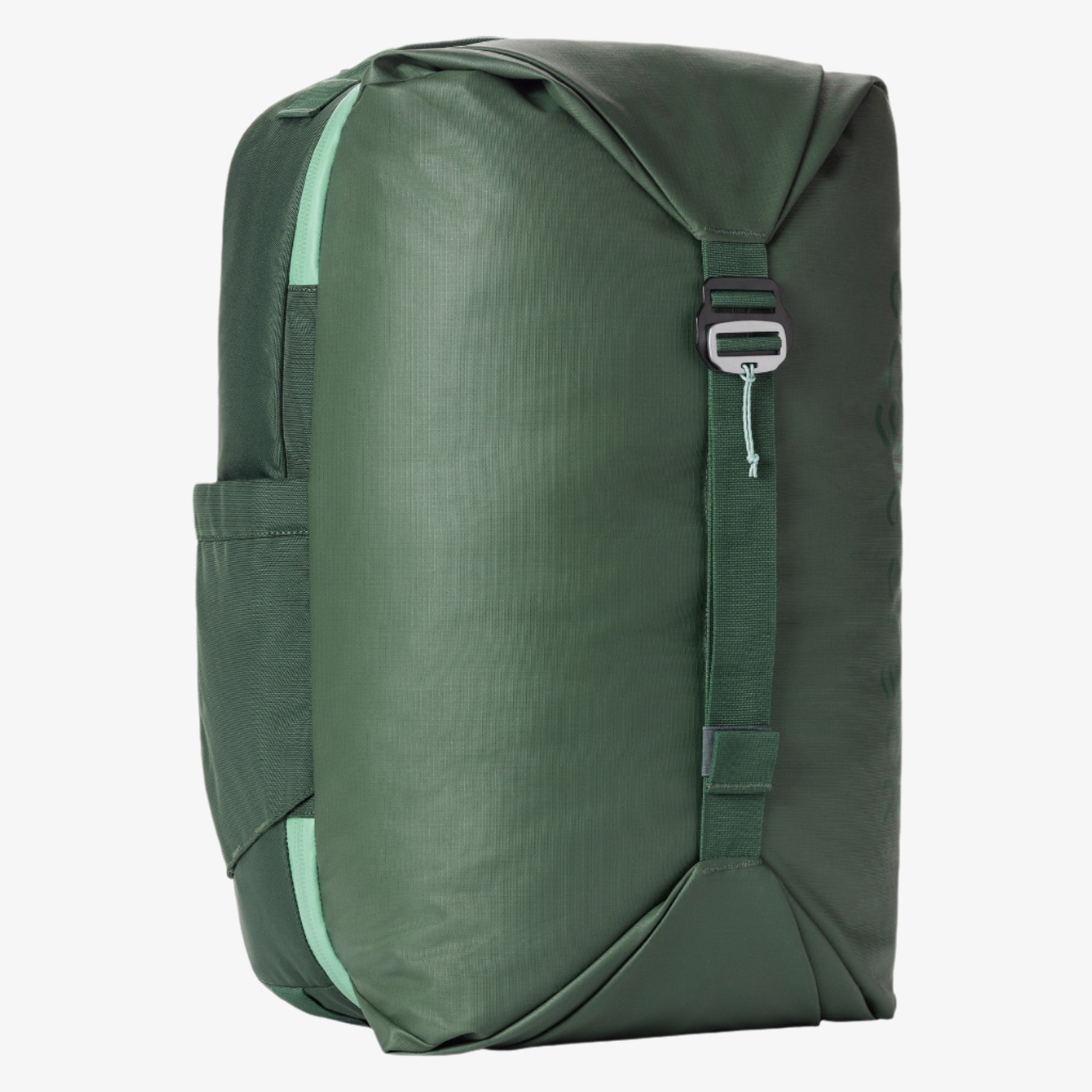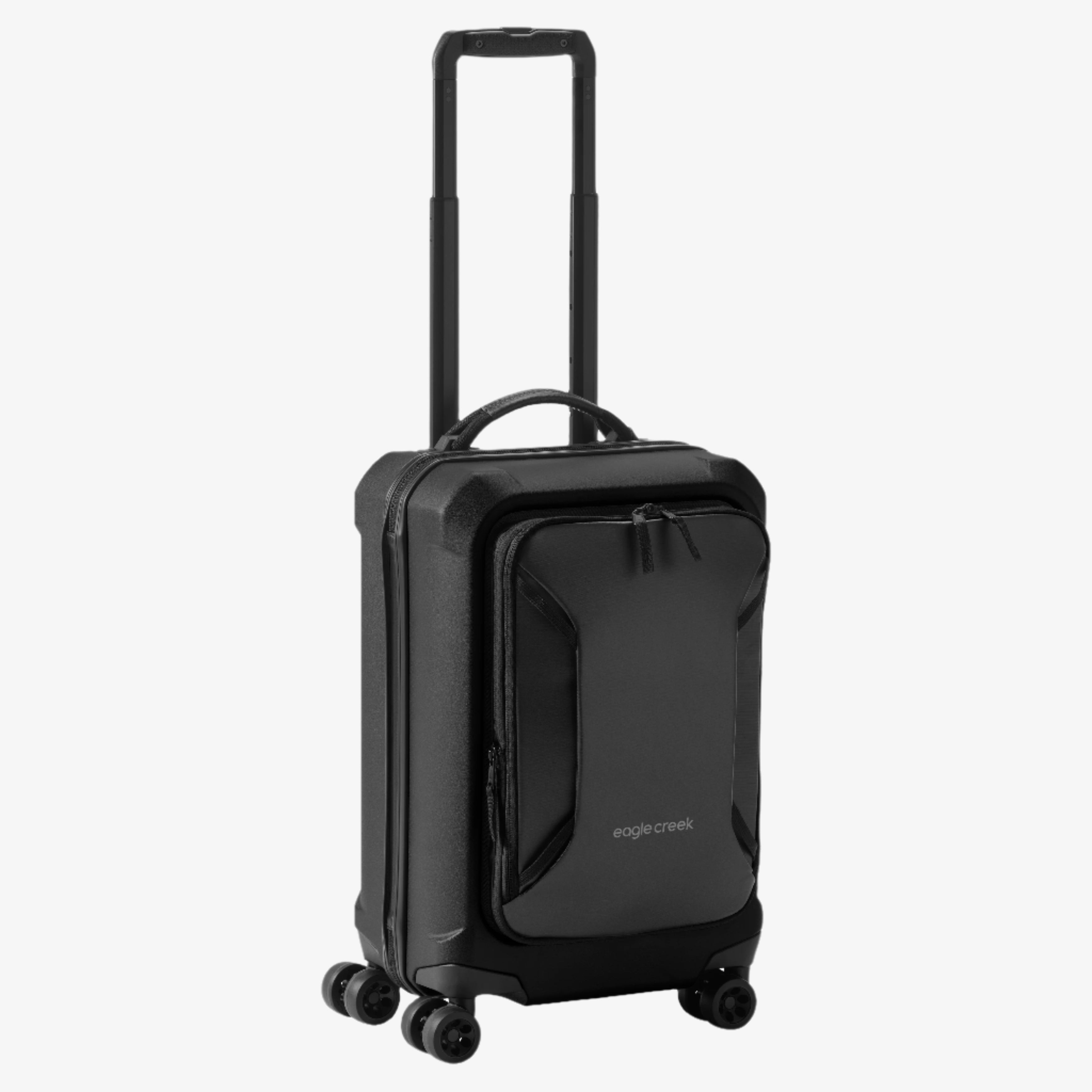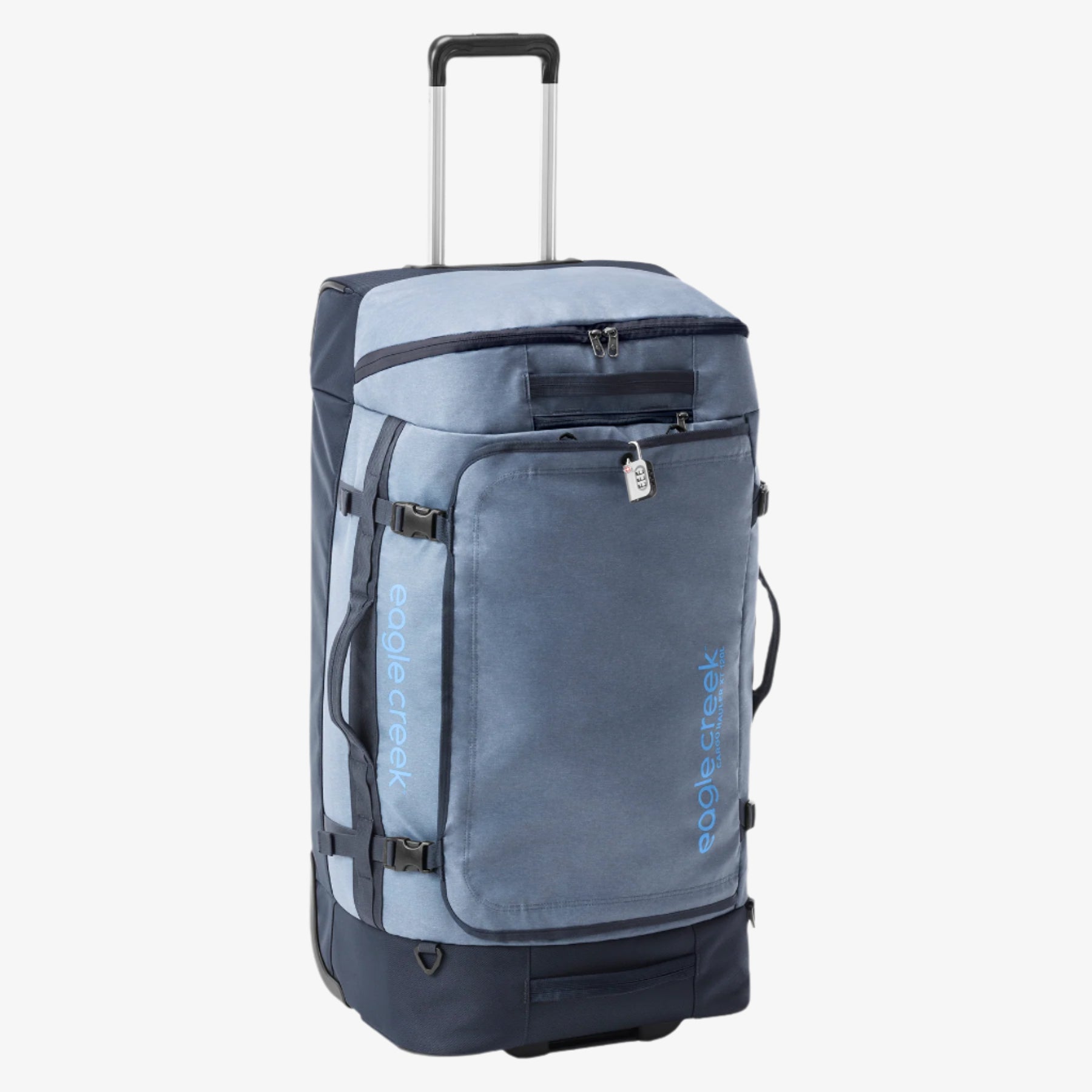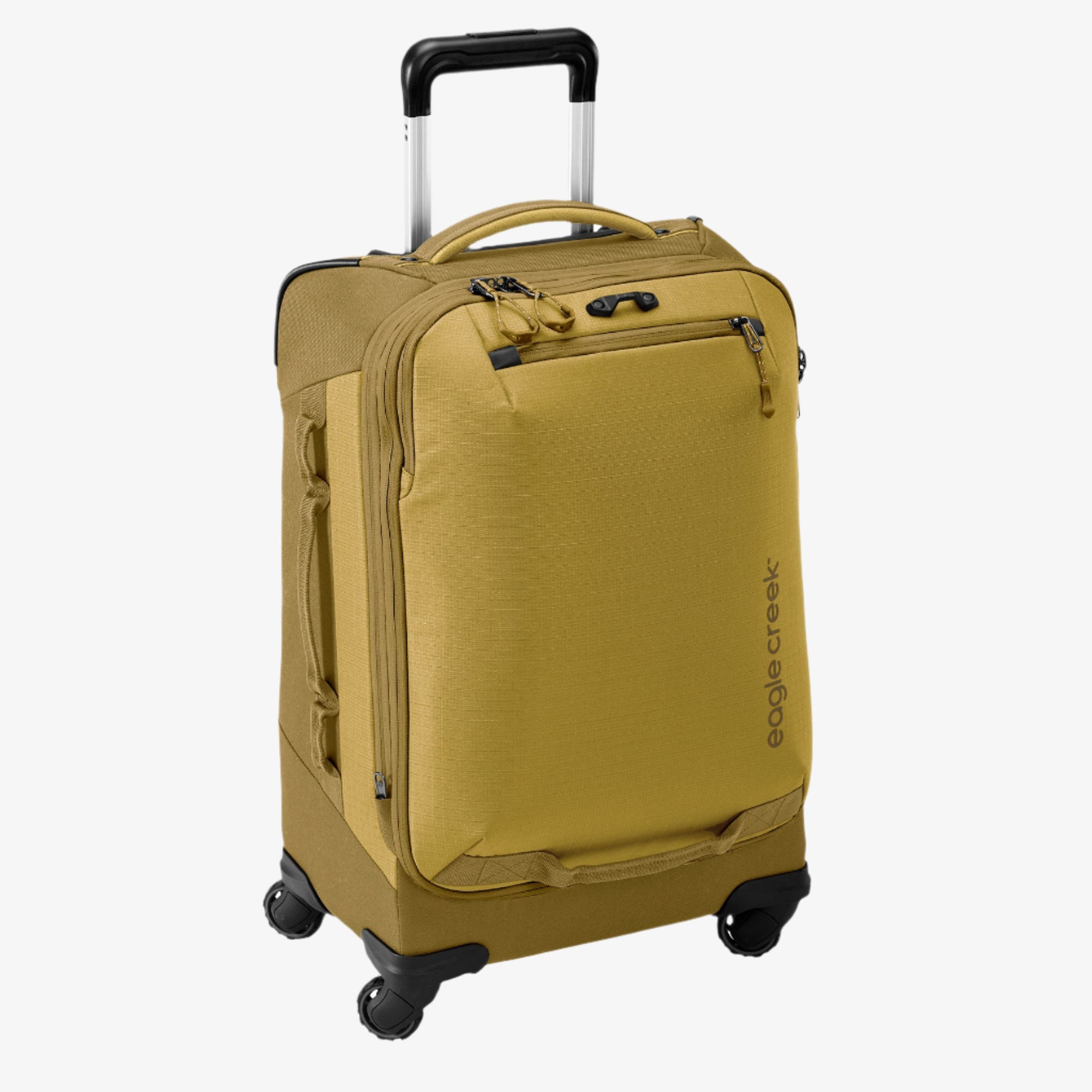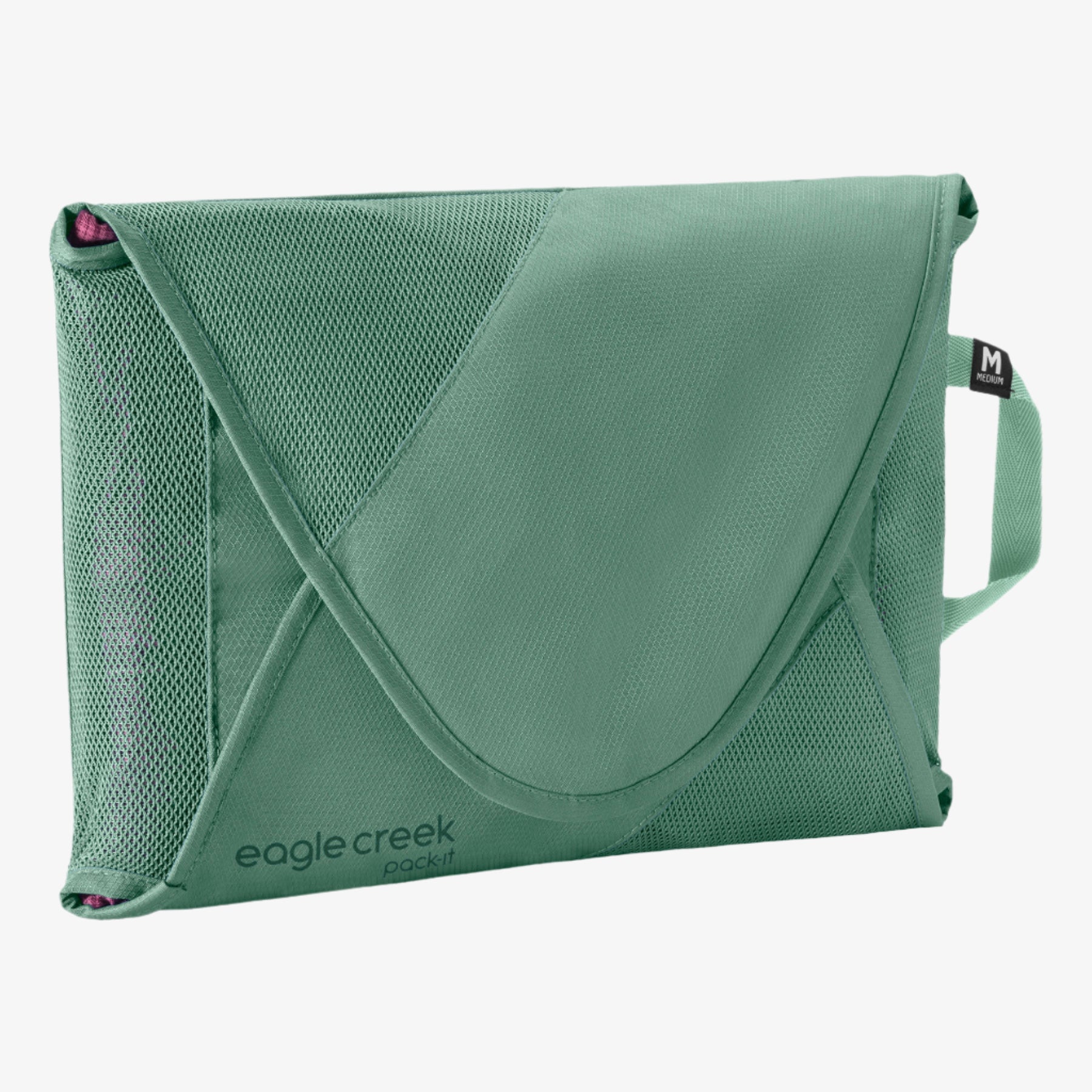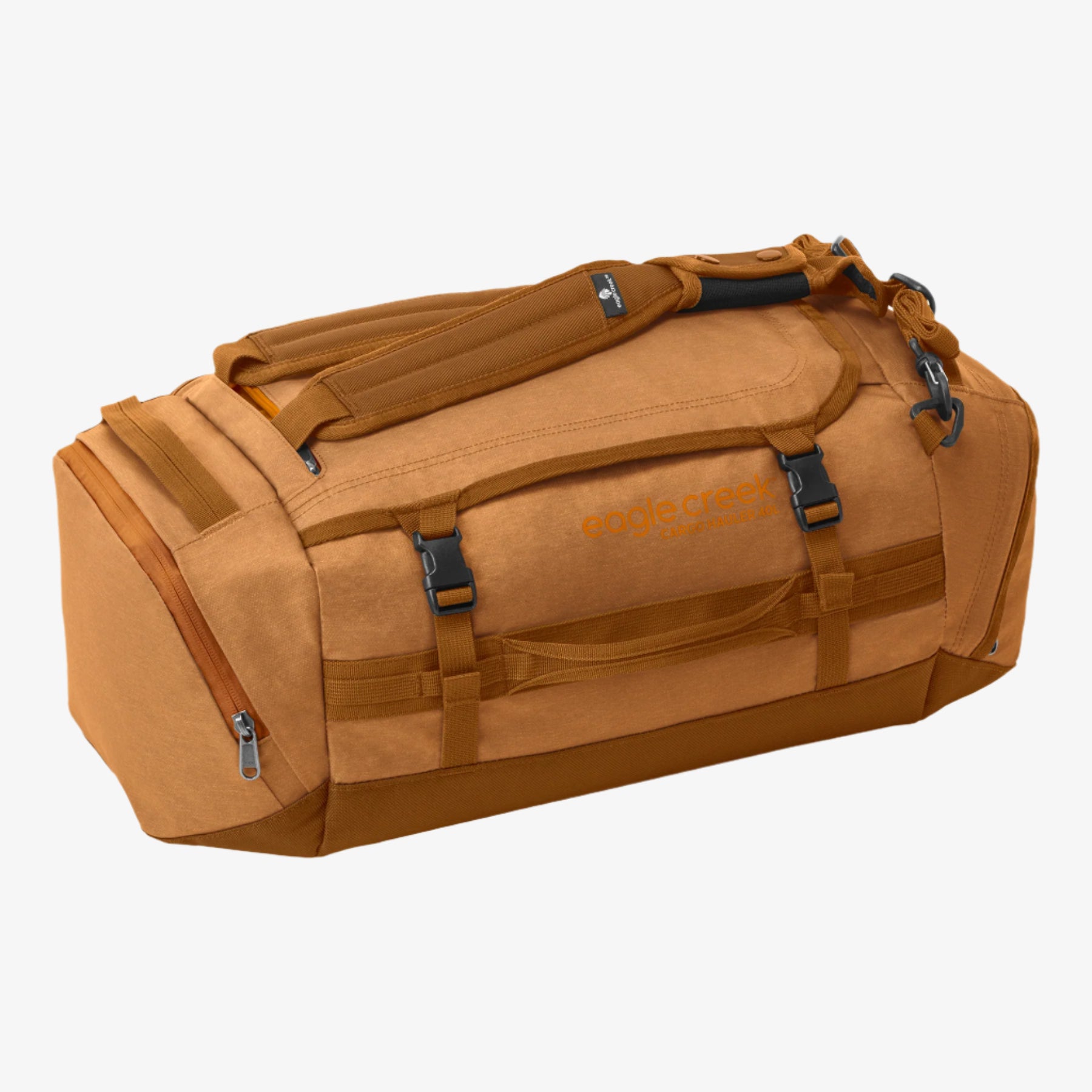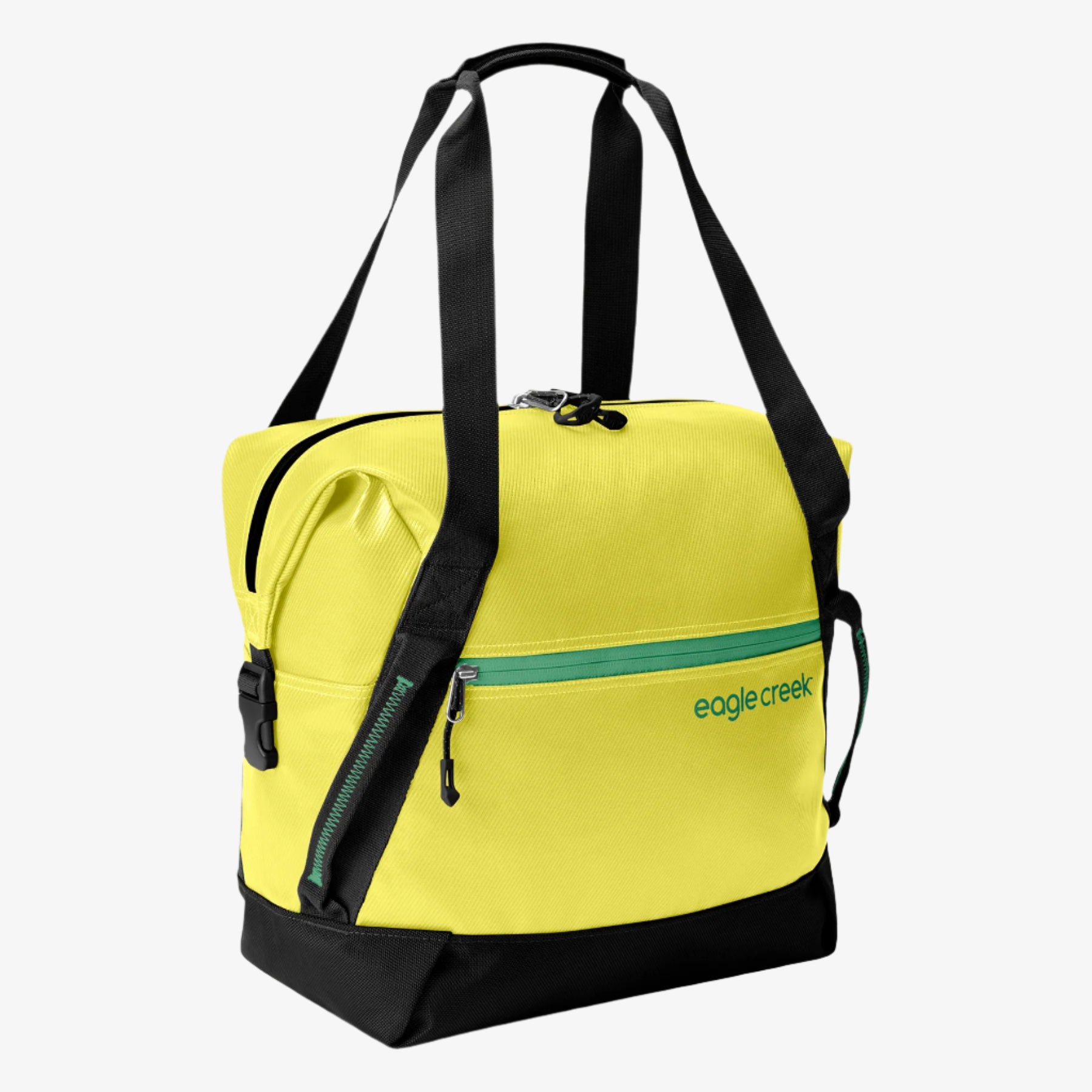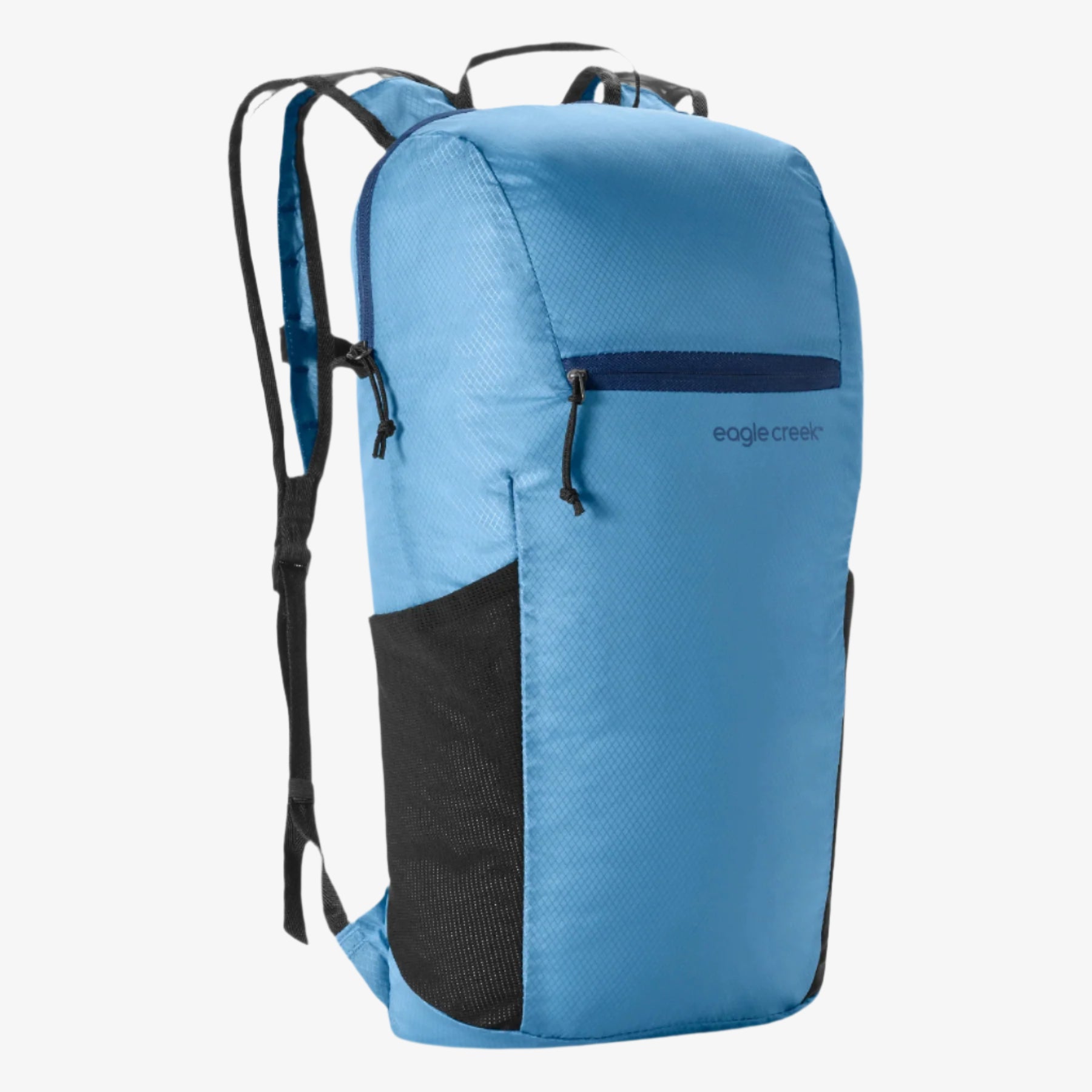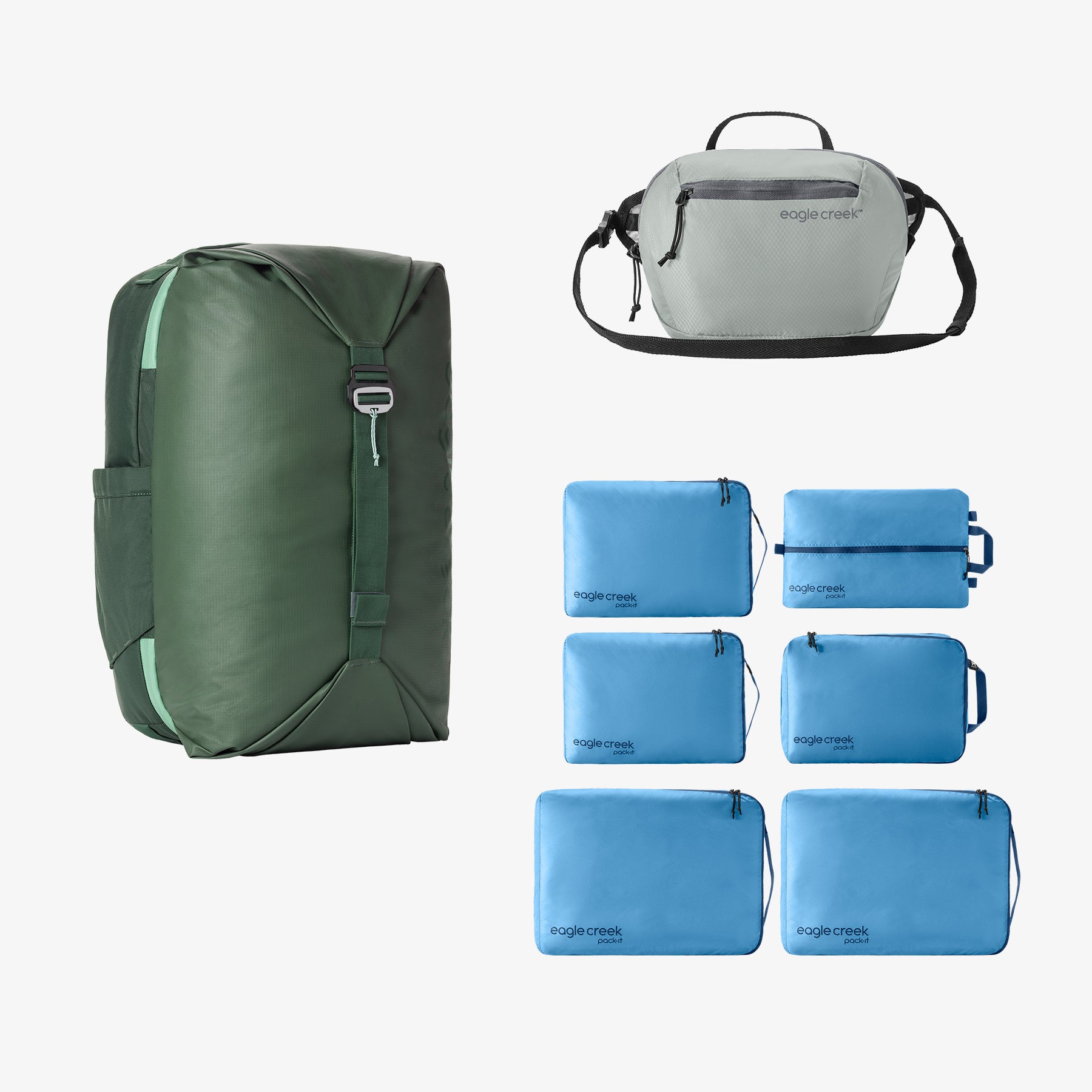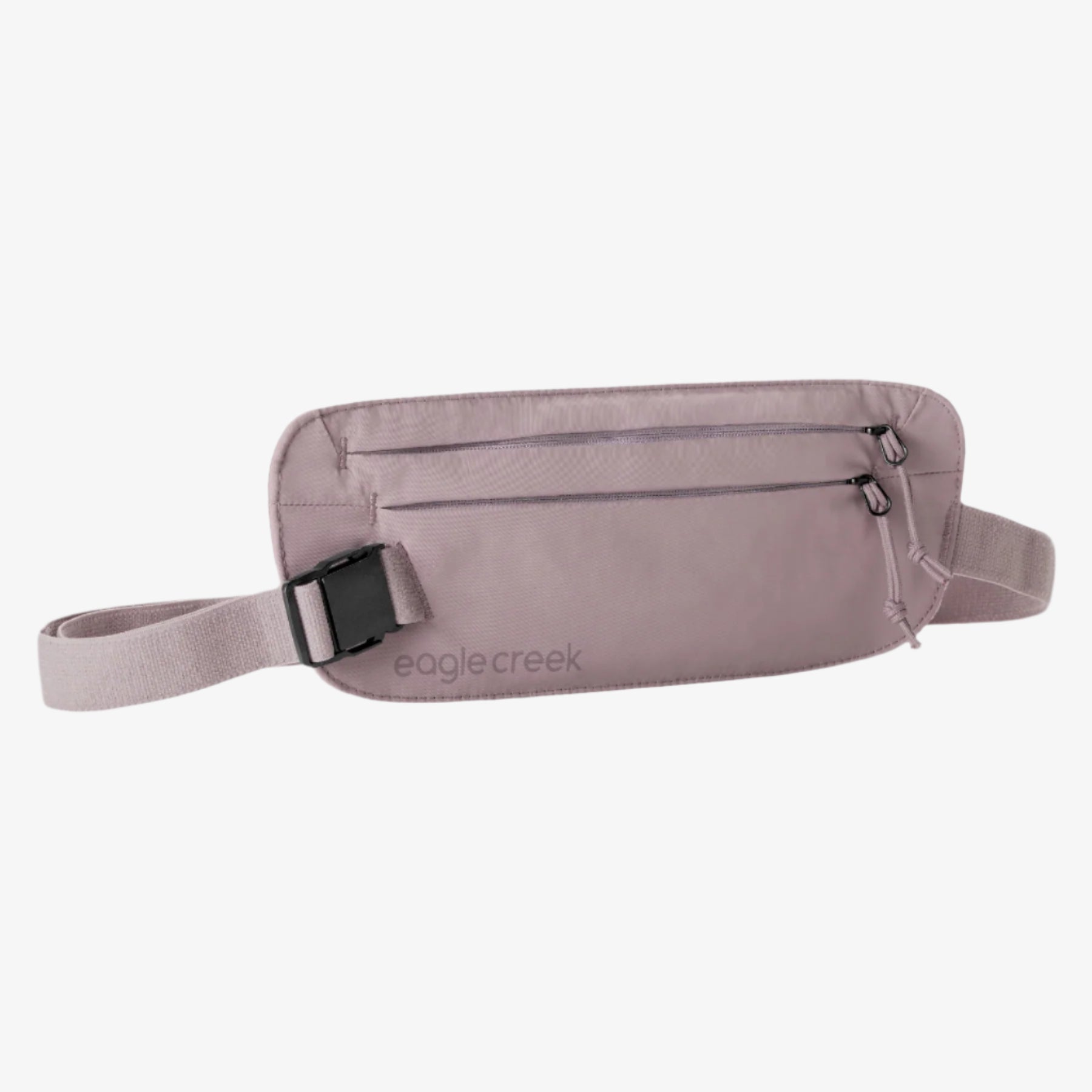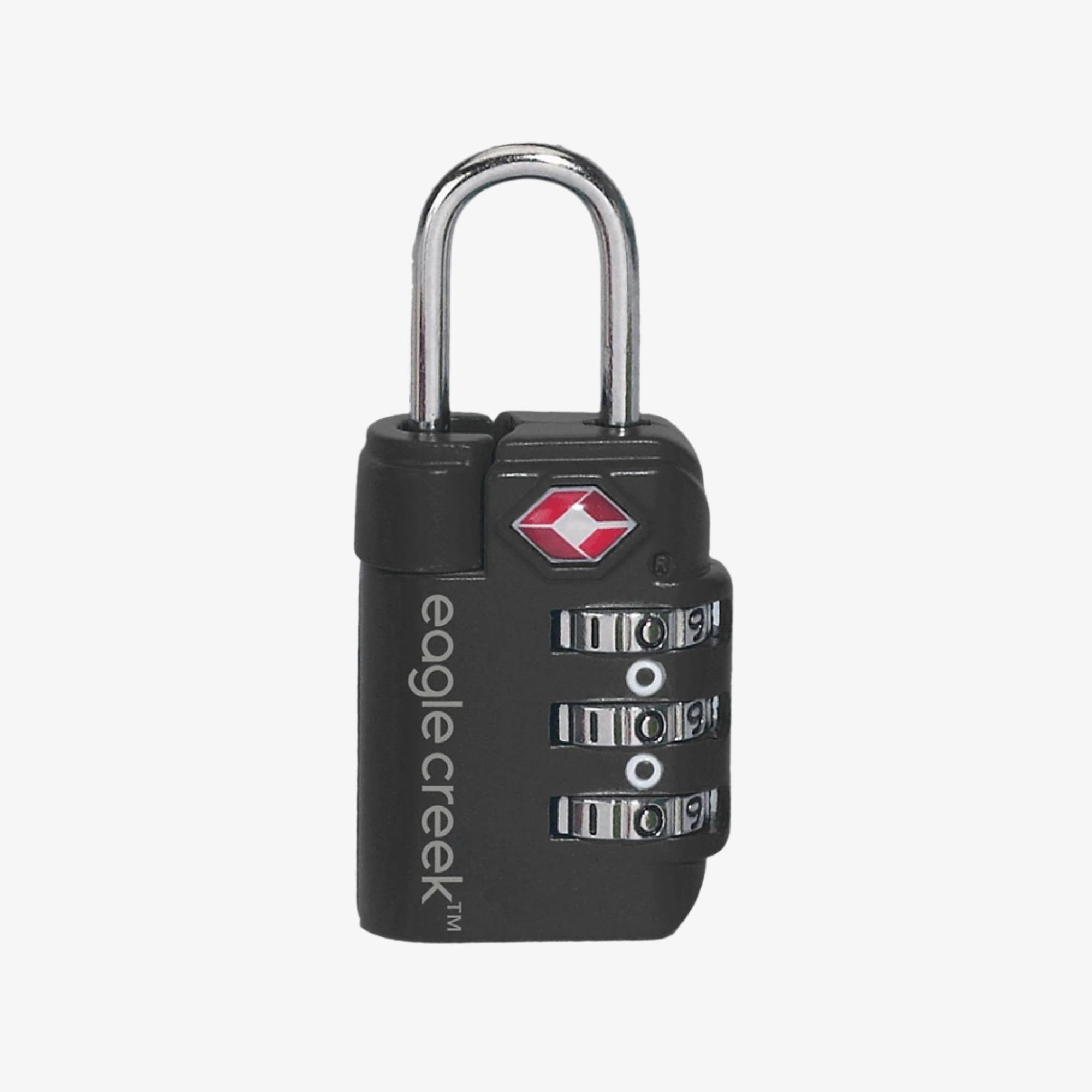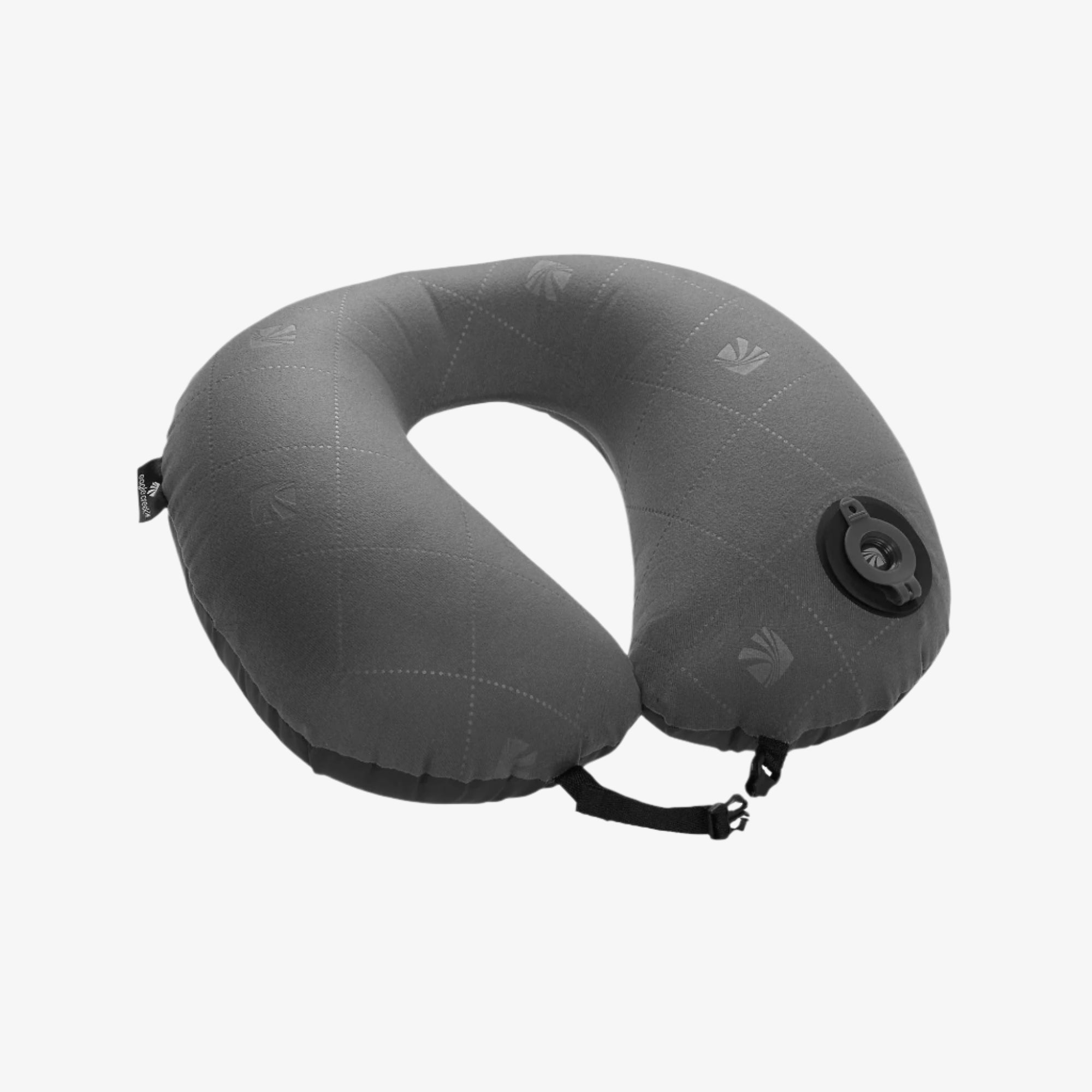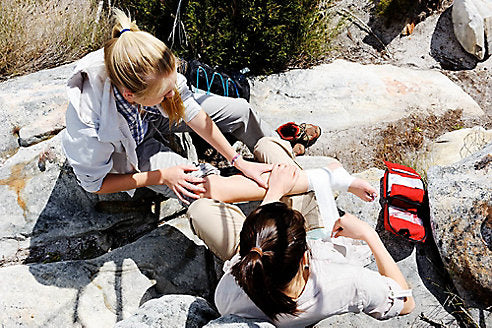How to Prepare for a Medical Emergency When Abroad

The truth is: You can get sick anywhere—even when traveling abroad. However, with some advanced preparation, falling ill overseas doesn’t have to spell disaster.
It started fairly innocuously. It was a sunny day and I had just returned from a hike on a picturesque, snow-covered mountain. Sitting in the courtyard at my hostel in Mendoza, Argentina, my eyes were dry and a little red. I thought that maybe my allergies were acting up; I took out my contacts and continued on with my evening.
But removing my contacts didn’t help. My eyes continued to hurt, and my eyelids swelled. At approximately 1:00 a.m., I woke up because of the pain, unable to open my eyes without involuntary, uncontrollable tears streaming. I was effectively blind.
I’m not going to lie: I was frightened. Javier, the wonderfully kind student working the front desk at the hostel where I was staying, sat with me and tried to help. When it was clear that it wasn’t getting any better, he told me he was calling an ambulance. My first thought was, “How much is that going to cost?” Even with travel insurance, I was sure that an ambulance would eat up most of my budget. But I had little choice.
The ambulance arrived and, wearing my pajamas and hiking boots, I was covered with a blanket, strapped into a wheelchair, and rolled out, up, and into the vehicle. The nurses spoke some English, and I tried to explain what had happened in broken Spanish.
At the hospital, we waited for a doctor that specialized in eyes to arrive. I have no idea what time it was—it seemed like it took forever, huddled under the blanket with one nurse holding my hand and the other speaking in low tones to someone else I could not see.
But this story has a happy ending: The doctor arrived, gave me some drops that started helping almost immediately, and then checked my eyes. Since I wasn't wearing sunglasses during my hike, the reflected glare off the snow had kind of sunburned my eyes. But I would be fine. I was able to see the nurses who had calmed me on the trip over and had waited with me. Even if I had spoken fluent Spanish, I wouldn’t have been able to thank them enough. With more drops in hand, a prescription for more drops, and strict orders to stay out of the sun for a week, the nurses and ambulance delivered me back to the hostel.
The grand total for my adventure? 300 Argentine pesos, which is less than $10 USD.
Getting sick while on a trip isn’t ideal, and visiting a hospital abroad where you don't speak the language can be downright scary. However, this experience taught me a lot and I feel that I’m a better traveler for it. Here’s what you need to know if you get sick abroad.
- Pack a first aid kit. While my experience was extreme, many common traveler’s ailments can be cured with bandages and blister remedies, allergy medicine, and over-the-counter prescriptions for diarrhea—one of the most common complaints in a new country. While you can find these medications abroad, it can be difficult to remember (or learn) the word for “allergy” in Lithuanian.
- Don’t be afraid to seek local help for next-level illness or injury. There might be a language barrier, but I learned that Google Translate works well in almost every situation. I was worried about cost, but I was surprised to find out how inexpensive public health was in Argentina.
- In cases of extreme emergency, contact your embassy. No matter how safe you are, emergencies can happen. For automobile accidents or severe situations like a heart attack, the local U.S. embassy can help. While the embassy won’t pay for services, they can help arrange things like a wired money transfer to help pay for bills or even an airlift to get you home quickly, if need be.
- Purchase travel insurance before you go. I had travel insurance for this trip and while I decided not to file my visit with them (the $10 didn’t seem worth it), if my ailment had caused me to miss flights or had caused other expenses, my travel insurance policy would have reimbursed me. Before you leave your home country, make sure that you read and
While Eagle Creek is here to provide tips and insights on travel, we cannot accept any responsibility for any potential consequences arising from the use of this information. Always conduct your own research and use your best judgment.
Related Links (from Eagle Creek blog)
Travel 9-1-1: Packing Your First Aid Kit


